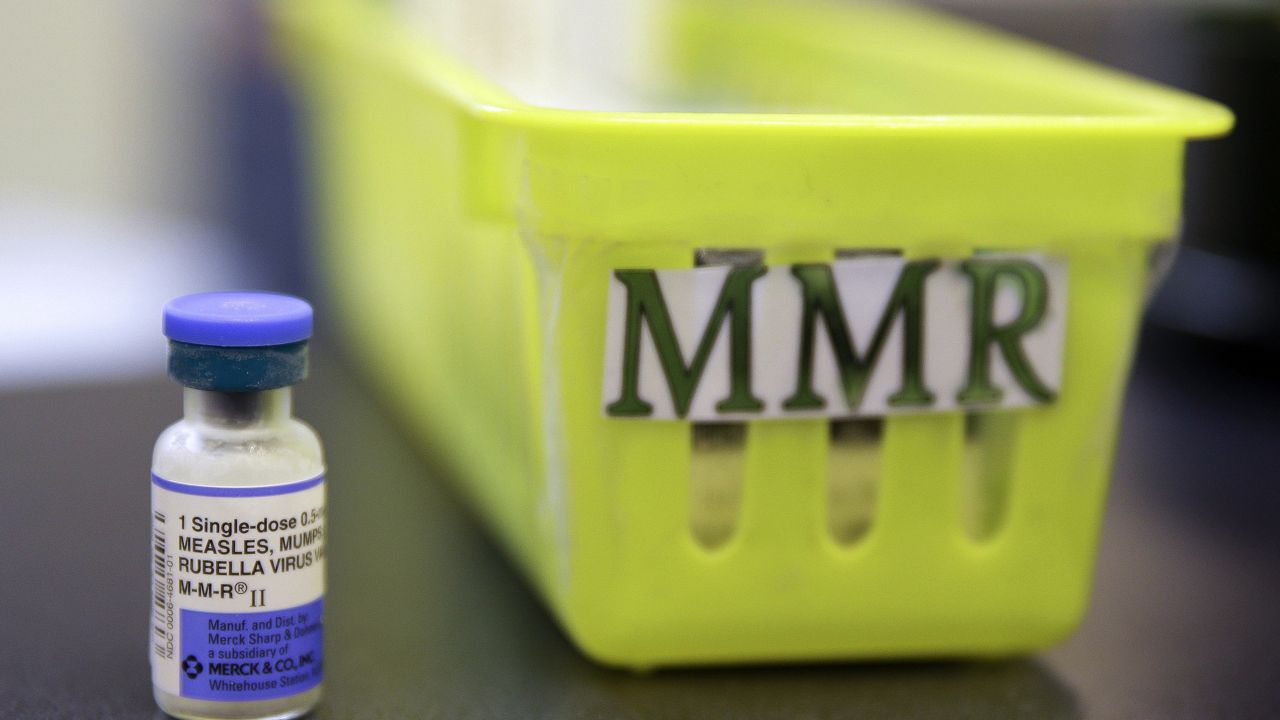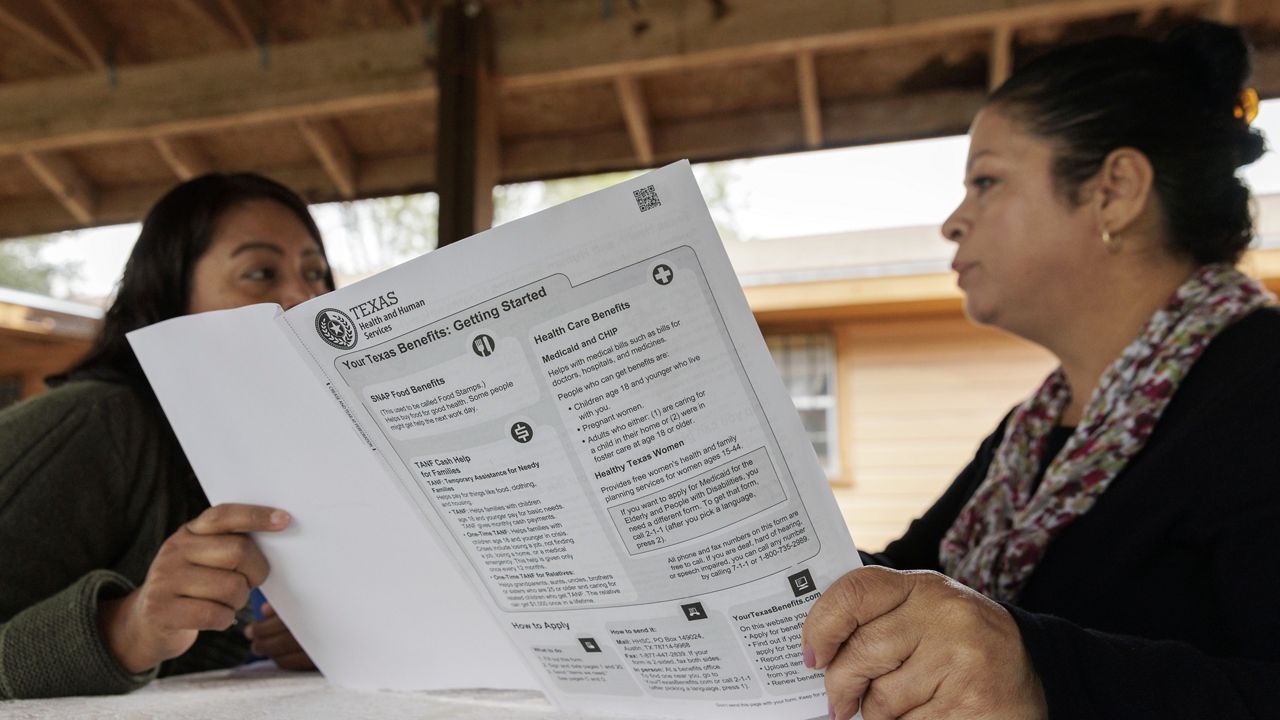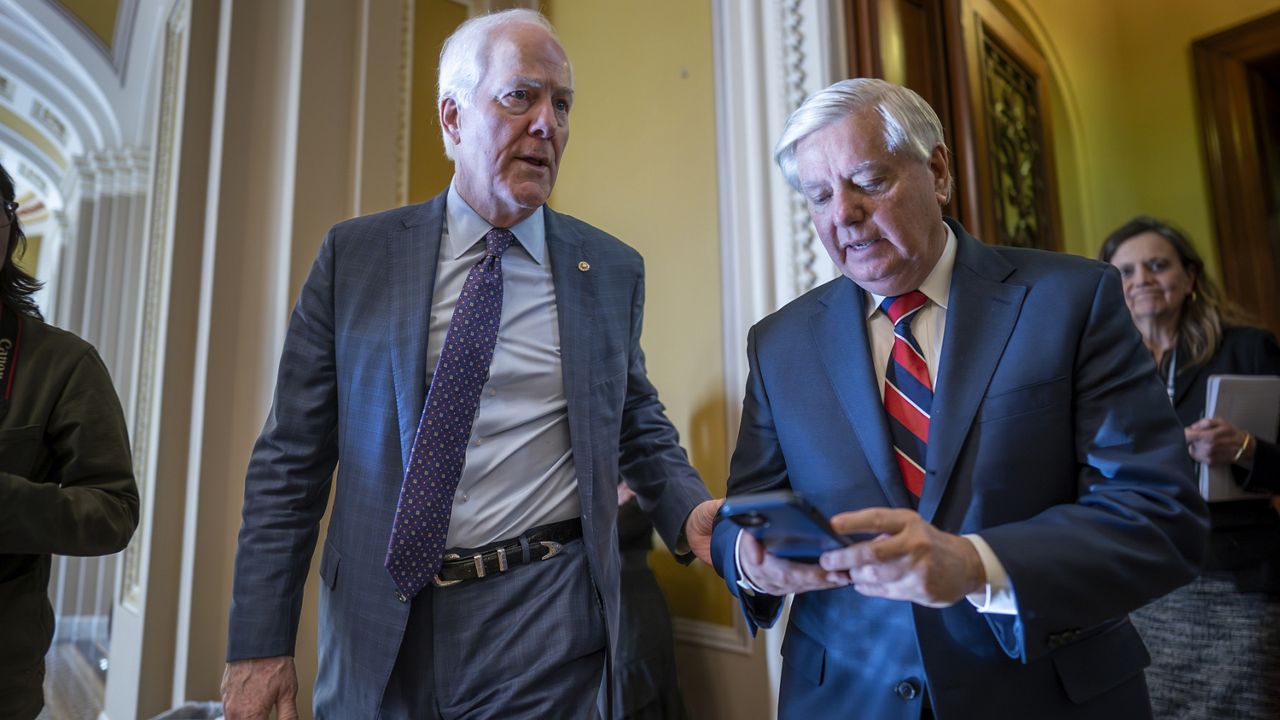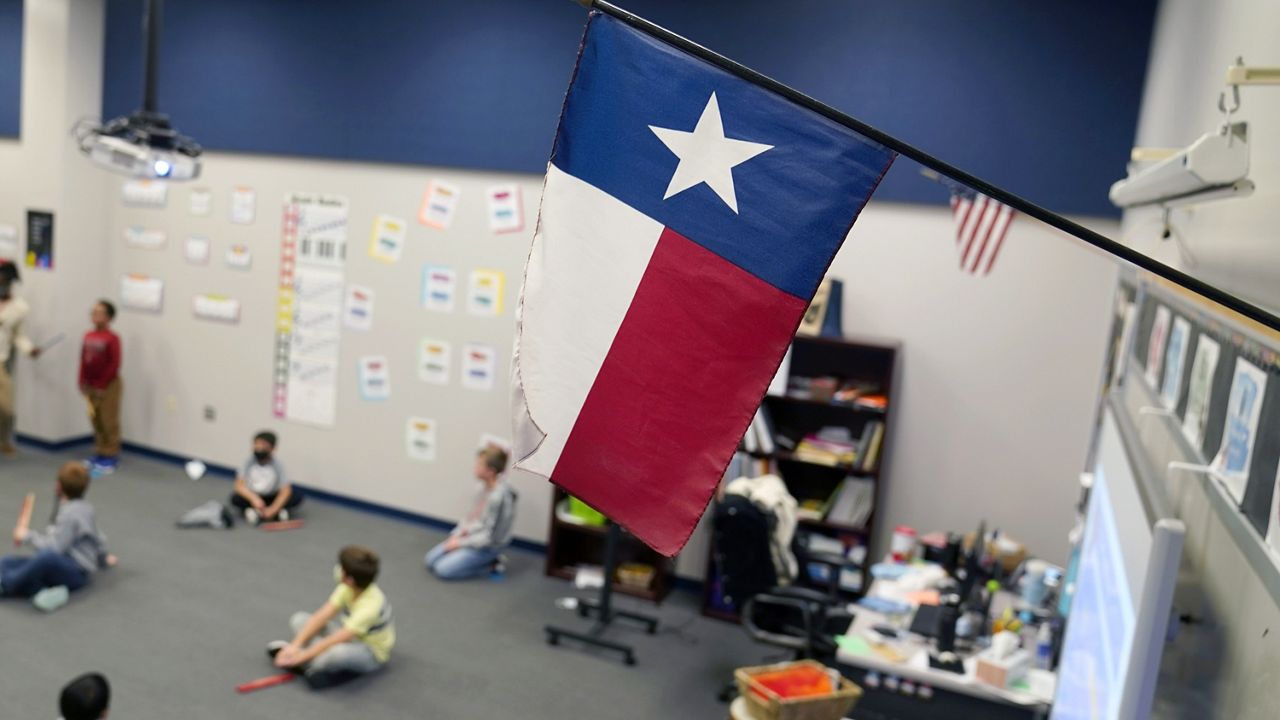AUSTIN, Texas — There’s a backlog of Texas families awaiting access to child care services and that could have severe economic effects if not addressed during the next legislative session. The attention on child care comes as House Speaker Dade Phelan made early childhood education an interim charge for representatives to study.
Child care advocates are calling upon the Texas House Committee on Economic Development to increase funding in the state though public policy.
“This is a workforce issue, not an education issue,” said Tim Kaminski, a member of the Texas License Child Care Association.
There are 86,000 children on the state’s waitlist for the Child Care Services program, which offers families scholarships for child care. Every child on the list correlates to a family member not in the workforce.
“Considering ways to decrease the overall waitlist or the length of time a family is placed on it should be critically important and a policy solution worth discussing during next year’s legislative session,” said Reagan Miller, director of the Texas Workforce Commission’s Child Care & Early Learning division.
Experts say more child care options require more money to subsidize the cost of care. Currently, 94% of funding for the scholarship program comes from the federal government and the state covers 6% of the program at $1.2 billion a year. To remove every child from the waitlist for the scholarship would cost the state an additional $860 million a year.
Child care policy experts believe more investments from state and federal actors are needed in the scholarship program and child care business model.
During the 2023 legislative session, lawmakers failed to pass a $2 billion proposal to step in and fund child care providers, and some representatives are unsure if money will be allocated this time around.
“We don’t always know if the environment can keep funding going up because there are other priorities for our states,” said Rep. Angie Chen Button, a Republican representing the Richardson area.
Advocates argue child care funding should be the top priority.
“Whether you have children or not, the child care crisis is impacting you because we are all relying on people who are relying on high-quality child care,” said David Feigen, director of early learning policy for Texans Care for Children.
As the workforce continues to bear the largest impact from a lack of affordable child care, another option on the table heading into the 2025 legislative session is incentivizing employers to offer child care.
“That’s because employers all over the state tell us that they can’t recruit and retain staff because those staff cannot find child care for their own children. It’s a huge driver of shortages in industries across Texas,” said Feigen.
Without a solution, research from the U.S. Chamber of Commerce Foundation shows the Texas economy will continue to lose an estimated $9.4 billion annually because of a lack of access to affordable child care.









)
)

